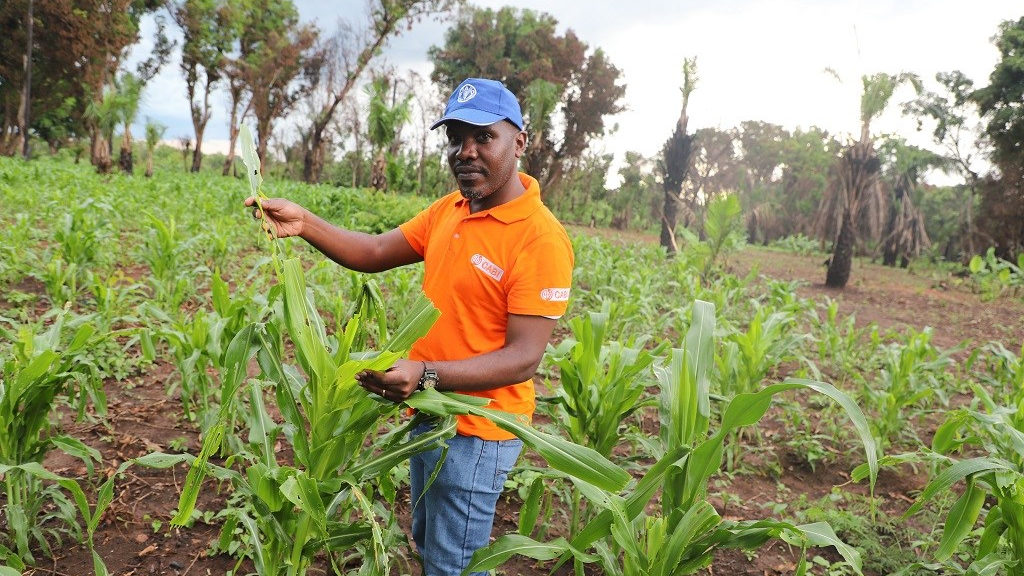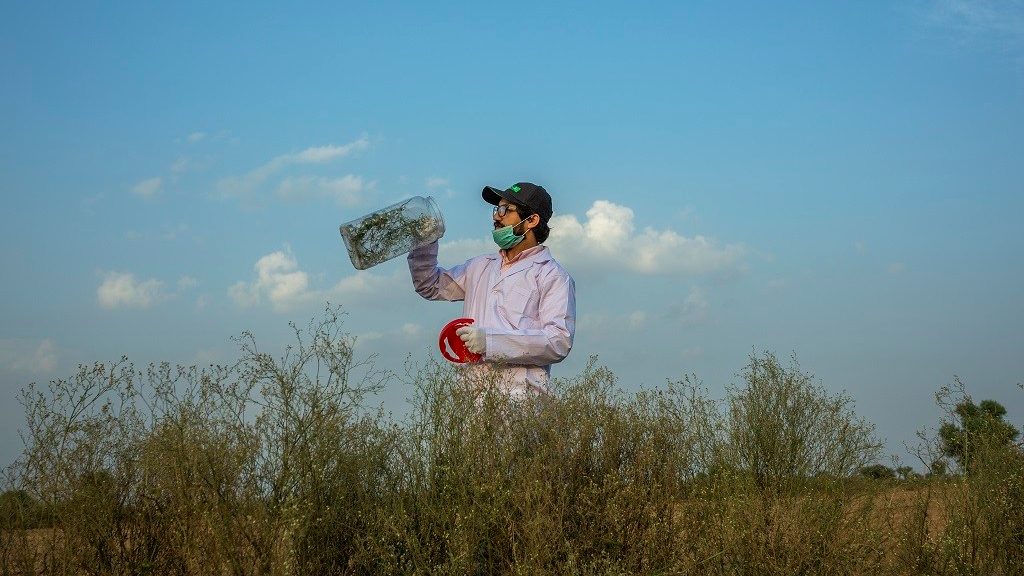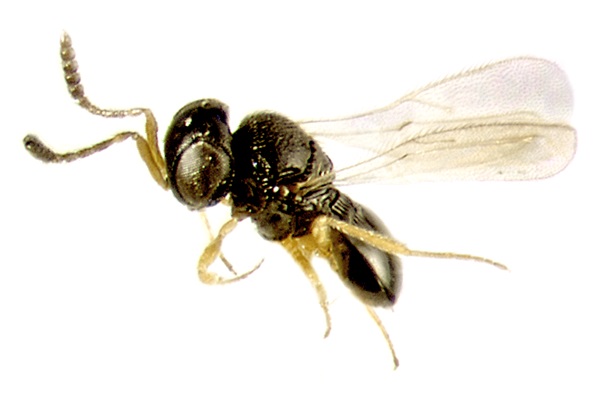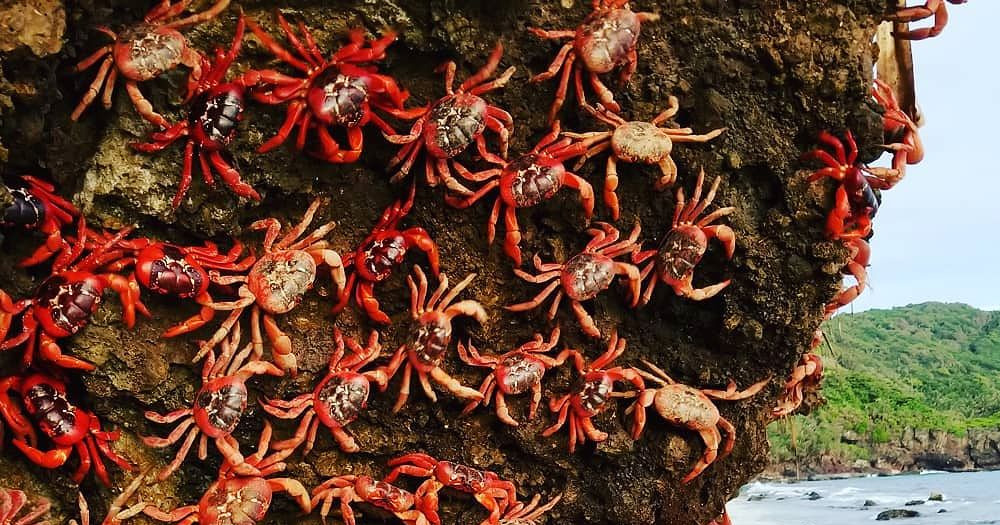A Plague of Cactus
By Susan Moran. Reblogged from bioGraphic. Across Kenya’s wildlife-rich Laikipia Plateau, a thorny enemy is advancing. But a tiny sap-sucking insect may help save the region’s animals and people. Before the sun has peeked above the horizon, Philip Nangoo Larpei, a Maasai elder in his 60s or 70s (he hasn’t kept track), is already outside checking…
Continuing the biological fight against a hardy foe – the maize-devastating western corn rootworm
CABI is continuing the fight against the maize-devastating western corn rootworm (Diabrotica virgifera virgifera) by collecting more than 22,000 live specimens of this chrysomelid beetle for further research into its biological control. Dr Stefan Toepfer has been busy in the maize fields of southern Hungary gathering the insects, which, of Mexican origin, have invaded many maize…
Deploying biopesticides to combat fall armyworm in South Sudan
A new project in South Sudan is combatting the fall armyworm, an insect that can cause significant damage to crops, particularly maize. With more than half of South Sudan’s current population—nearly 6.2 million people—in need of life-saving food assistance, safeguarding food security where possible is essential. Launched in January 2019 as a partnership between CABI,…
Collaborative effort in Kenya to manage the impact of scale insect in coastal region
By Fernadis Makale, CABI Scale insects – such as the coffee mealybug and cassava mealybug – are some of the least studied group of invertebrates in East Africa. However, a collaborative effort has been made to address the threat they pose to smallholder farmers: despite their cross-cutting status as pests in all plant groups, crops,…
CABI’s new quarantine facility creates greater capacity for Parthenium research in Pakistan
CABI has increased its capacity to fight the highly invasive and destructive Parthenium weed by opening a new quarantine facility at its Central and Western Asia (CWA) offices and laboratories in Rawalpindi, Pakistan.
Scientists confirm first report of egg parasitoid in Africa to fight devastating fall armyworm
A group of scientists have confirmed the first report of an egg parasitoid Telenomus remus in Africa which could prove an important biological weapon in the fight against the devastating fall armyworm (Spodoptera frugiperda) that threatens the food security of more than 200 million people.
How a wasp might save the Christmas Island red crab
By Stephanie Dittrich. Reblogged from Island Conservation. Invasive crazy ants threaten Christmas Island Red Crab populations, but a certain species of wasp might be able to help. Christmas Island, a remote Australian territory in the Indian Ocean, is known for an abundance of Red Crabs, a species once recorded in numbers nearing 44 million. The Red…
Biological control against invasive agricultural pest slows deforestation across Southeast Asia
Used as an effective method of controlling invasive species, biological control (or biocontrol) is the term given to the use of living organisms for controlling pests and invasive species. It can provide an effective, environmentally-friendly and cost-efficient way of controlling pest populations, helping to restore crop yields and farmer’s profits. However a recent study, focussing…
CABI scientists are leading the fight to control one of the UK’s most invasive weeds – Himalayan balsam
CABI experts in the field of classical biological control are leading the fight to manage one of the UK’s most invasive weeds – Himalayan balsam – thanks to the nationwide release of the rust fungus Puccinia komarovii var. glanduliferae. Dr Carol Ellison, who has over 30 years’ experience of the biological control of weeds using…










